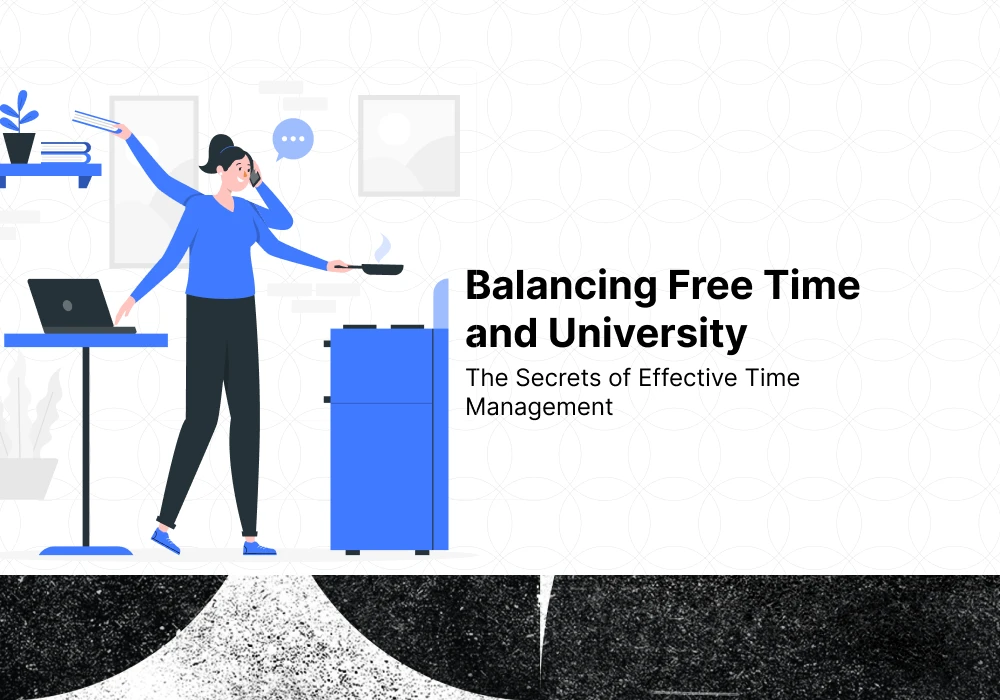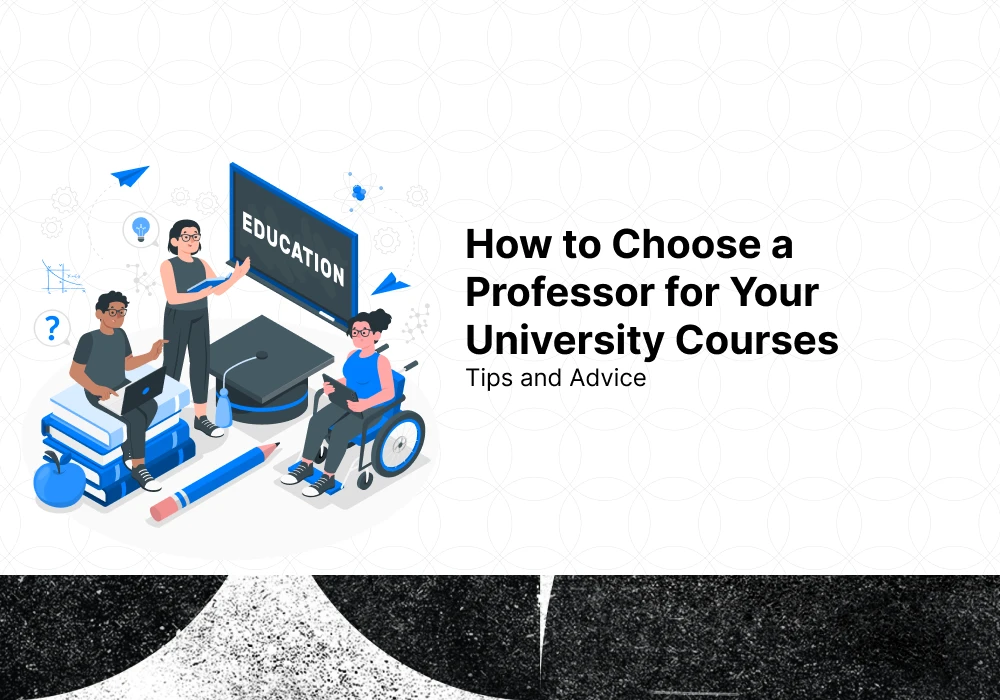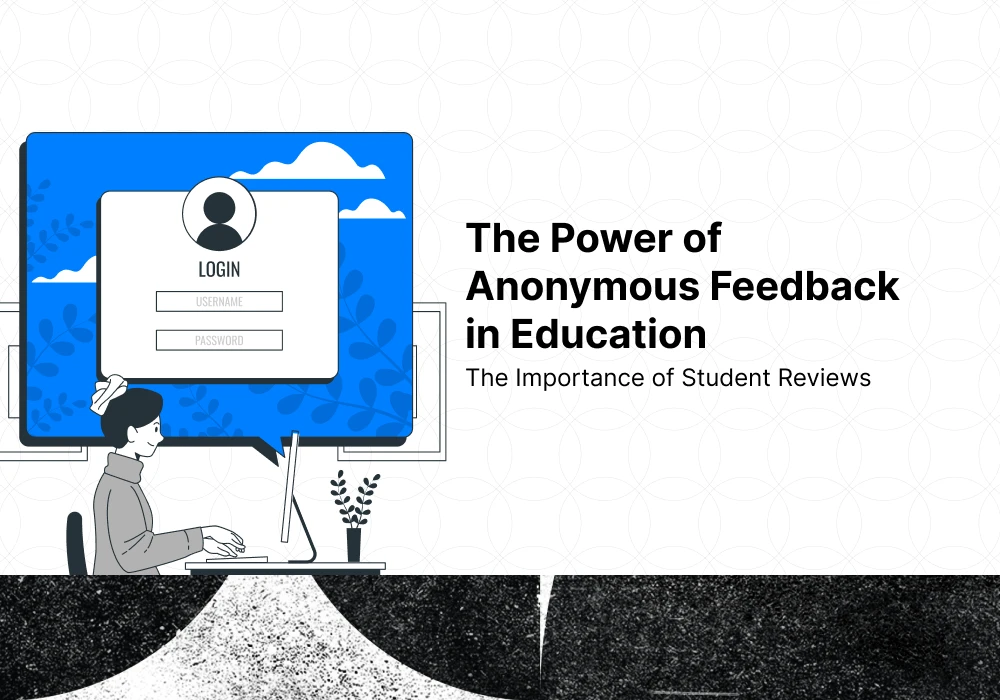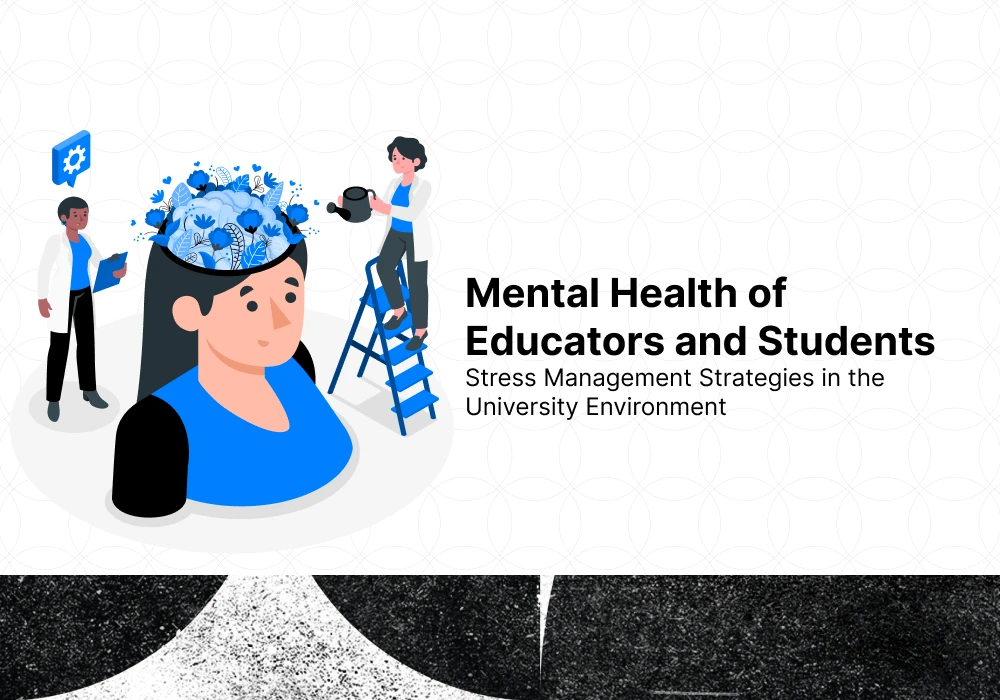Balancing Leisure and University Learning
The Secrets of Effective Time Management
3 perc
Sep.22.2023

The years spent at university are an exciting and challenging time in our lives. During this period, we need to contend not only with academic studies but also with leisure activities. University studies demand strong commitment, but it's equally important to strike a balance between learning and leisure. In this article, we will explore how to efficiently manage time between university learning and free-time activities while unveiling the secrets of effective time management.
University years can be intensely demanding. Students must acquaint themselves with numerous subjects and often face projects and homework assignments. Concurrently, social life and other interests are also significant. Time is a precious resource, and, thus, time management is of critical importance.
The Significance of University Learning and Leisure
The knowledge and skills acquired during university studies can be immensely valuable for future careers. However, university life is not just about studying. It's crucial for students to develop personally, socially, and to enjoy their university years.
Finding the right balance between university learning and leisure activities is essential. Striking the appropriate proportion between constant learning and extracurricular engagements helps prevent burnout and preserves life quality.
The Fundamental Principles of Effective Time Management
Time management is the key to harmonizing efficient university learning and free-time activities. Below are some fundamental principles that can aid in this process:
1. Setting Priorities
The first step in time management is establishing priorities. Which subjects or projects require our utmost attention? What are the leisure activities that hold importance to us? Clarifying priorities helps us be aware of where we should allocate most of our time.
2. Managing Deadlines
University often comes with deadlines that must be met. It's crucial to manage these efficiently. Create a calendar or use a time management app to record all important deadlines and ensure that you meet them.
3. Establishing Time Blocks
Setting time blocks aids in more efficient learning. Determine periods explicitly dedicated to studying. During these blocks, attempt to fully concentrate on your studies and minimize distractions.
4. Incorporating Breaks
A full day of studying is not efficient. It's important to include breaks in your schedule. These breaks allow for rest and refreshment of the mind. Short walks, breathing exercises, or simply meal breaks can help.
5. Flexibility
Flexibility plays a significant role in time management. Not everything will always go as planned. Allocate some buffer time in your plans to accommodate unexpected situations.
Creating an Optimal Learning Environment
In addition to time management, establishing a suitable learning environment is crucial. Below are some tips on how to make your learning environment more effective:
1. Silence and Tranquility
Find a place where there is silence and nothing disturbs you. A noisy environment can hinder your studying.
2. Well-Lit Area
Sufficient lighting is essential for effective learning. Choose a location with adequate natural or artificial light.
3. Comfortable Seating
Proper seating is also crucial. Choose a comfortable chair or desk that allows you to work comfortably for extended periods.
4. Tools and Materials
Make sure all necessary tools and study materials are easily accessible. Scattered notes or missing tools can be a significant time-waster.
5. A Schedule with Breaks
Incorporate short breaks into your daily schedule. These breaks provide opportunities for relaxation and refreshing breathing exercises.
The Importance of Leisure
While university learning is crucial, leisure time also plays a significant role in our lives. Leisure activities can help us relax, manage stress, build social connections, and improve our quality of life.
Don't neglect your free time, and allocate time for hobbies, meeting friends, and relaxation. Finding a balance between university learning and leisure in the long run can help you achieve a well-rounded and happy life.






